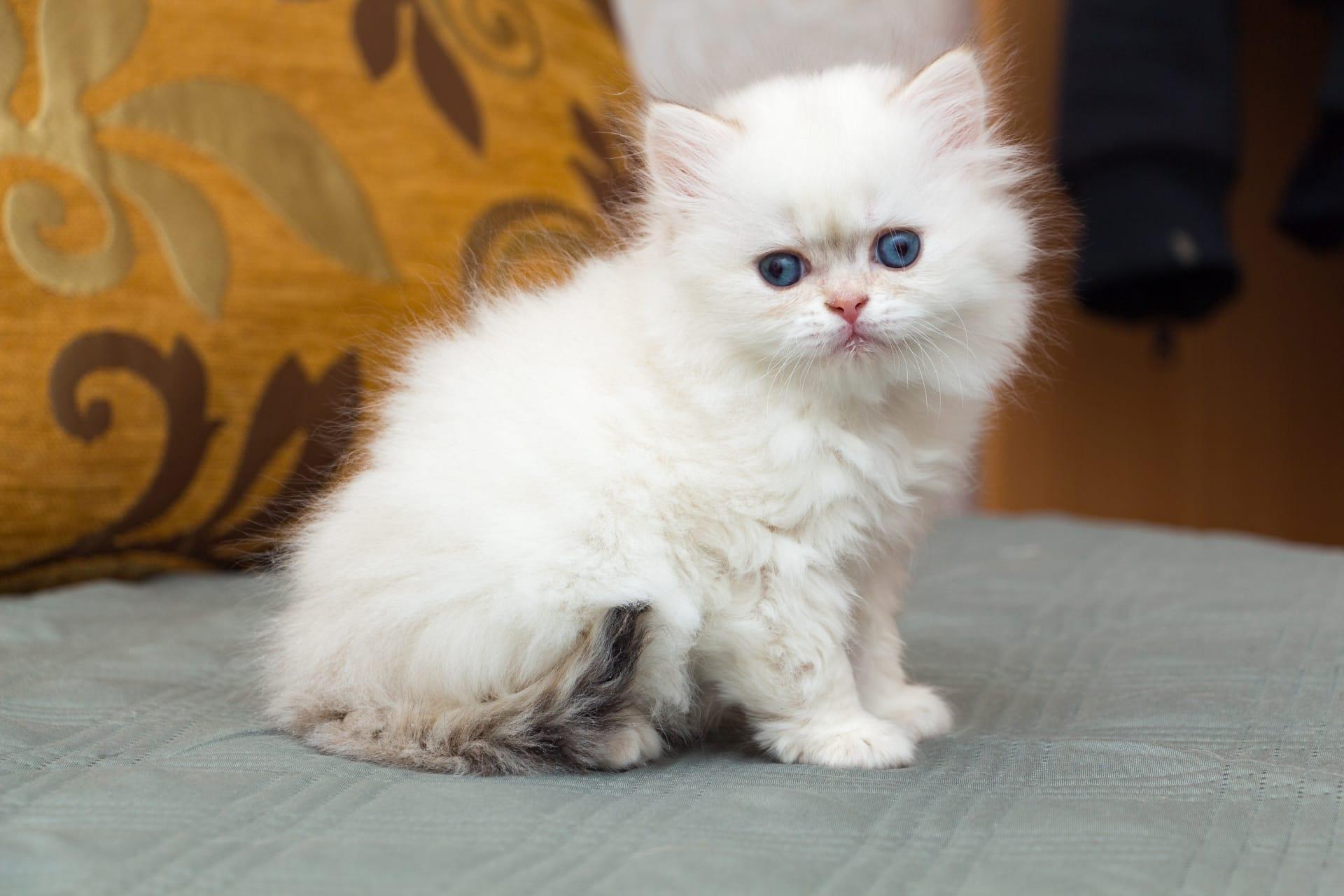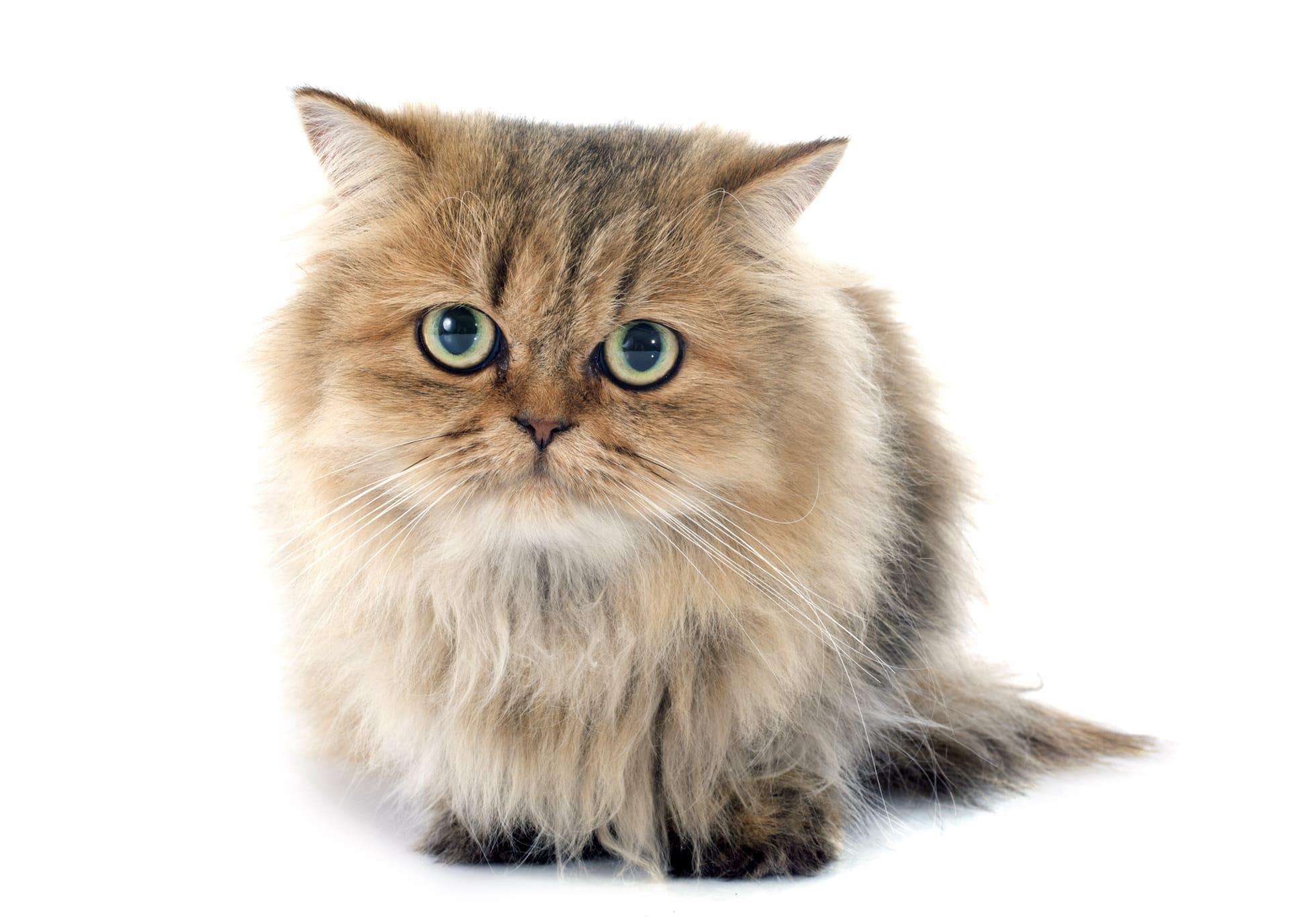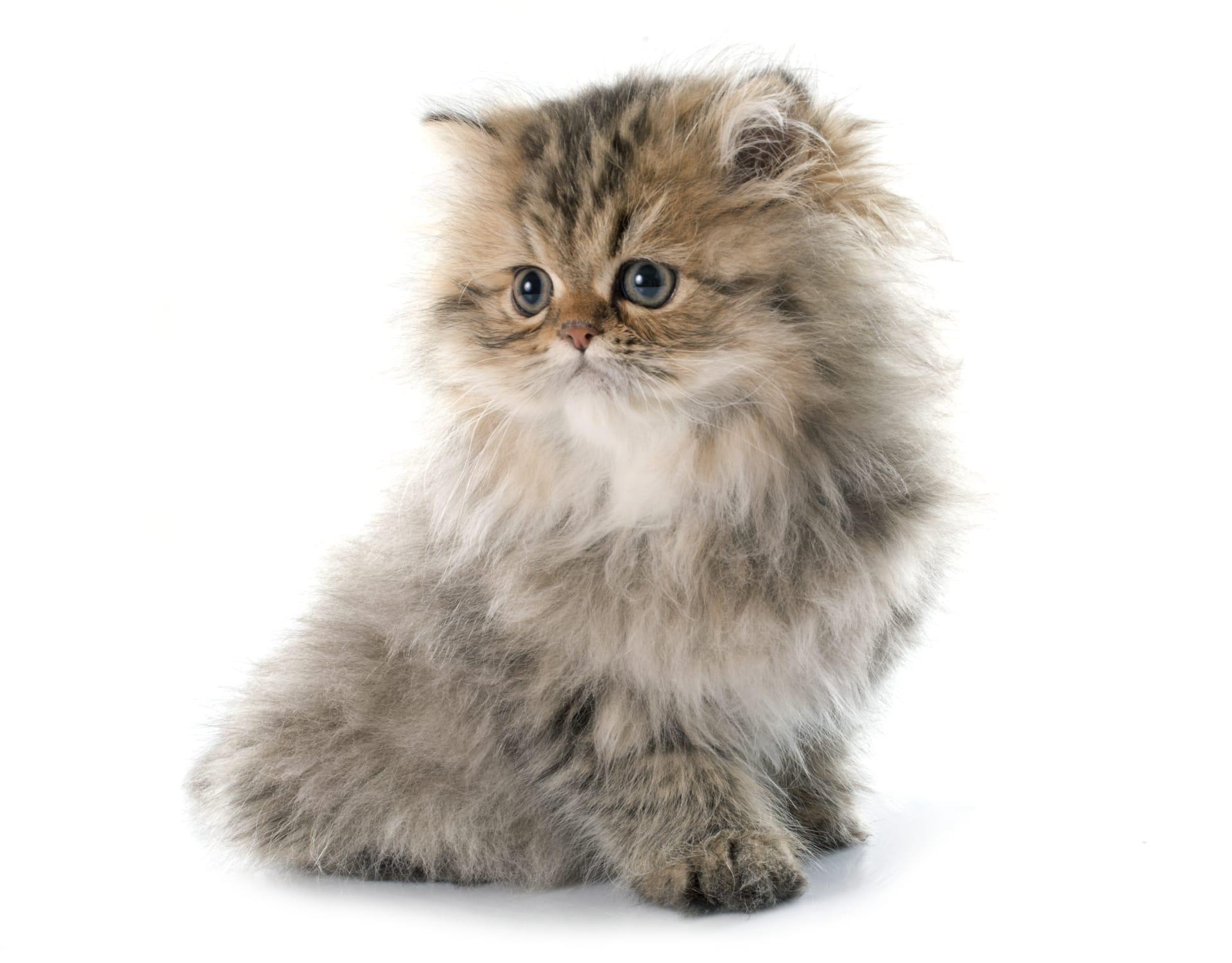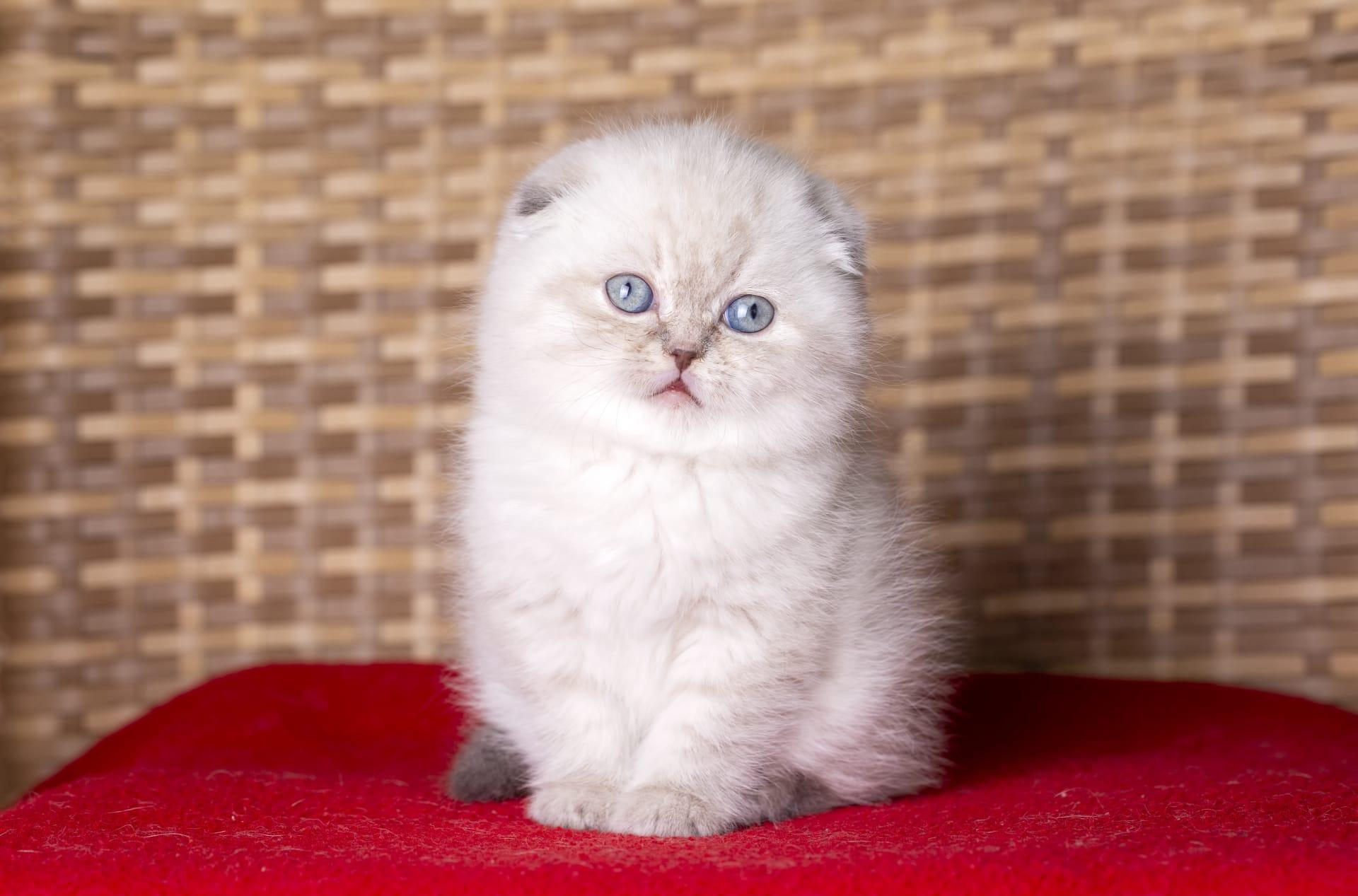Exotic Shorthair Cat Trivia
- Home /
- Trivia Question /
- Animal /
- Exotic Shorthair Cat Trivia
1
Question: What unique physical trait distinguishes the Exotic Shorthair cat from other breeds?
Answer: The Exotic Shorthair cat boasts a distinctive round face, short snout, and large, wide-set eyes, giving it an always surprised expression. Their dense, plush coat, which is fine and soft to the touch, sets them apart. This breed typically weighs between 7 to 12 pounds (3 to 5.4 kilograms) and stands at about 10 to 12 inches (25 to 30 cm) tall.
Question: How did the Exotic Shorthair cat breed come into existence?
Answer: The Exotic Shorthair breed was developed in the 1950s through crossbreeding Persians with American Shorthairs and other shorthaired breeds. This was initially done to improve the body type and coat quality of the American Shorthair but resulted in a new breed that combined the Persian's luxurious coat and calm demeanor with the easier-to-care-for short coat.

2
Question: Is it true that Exotic Shorthair cats are less affectionate and interactive than other breeds?
Answer: Contrary to this common misconception, Exotic Shorthairs are known for their affectionate and loyal nature. They often form strong bonds with their families and seek out attention and interaction, albeit in a calm and unobtrusive manner. Their playful yet gentle temperament makes them excellent companions.
Question: Do Exotic Shorthair cats require less grooming than Persians due to their shorter coat?
Answer: While it's true that their shorter coat sheds less and is easier to maintain than a Persian's long coat, Exotic Shorthairs still require regular grooming to remove loose hair and prevent matting. Weekly brushing is recommended to keep their coat in good condition and to reduce hairballs.

3
Question: What is the lifespan of an Exotic Shorthair cat, and how can it be maximized?
Answer: Exotic Shorthair cats typically live between 12 to 15 years. Their lifespan can be maximized with regular veterinary care, a balanced diet, and maintaining a healthy weight. Providing mental stimulation and physical activity also contributes to their overall well-being and longevity.
Question: Are Exotic Shorthair cats prone to any specific health issues?
Answer: Like their Persian cousins, Exotic Shorthairs are prone to certain hereditary health issues such as brachycephalic syndrome, which affects their breathing, dental malocclusions, and polycystic kidney disease (PKD). Responsible breeding practices and regular health screenings can help manage and prevent these conditions.

4
Question: How do Exotic Shorthair cats fare with children and other pets?
Answer: Exotic Shorthair cats are known for their easygoing and adaptable nature, making them great companions for families with children and other pets. They tend to get along well with everyone, showing patience and affection, but they also appreciate having quiet time to themselves.
Question: What type of environment is best suited for an Exotic Shorthair cat?
Answer: These cats thrive in both active and quiet households as long as they receive attention and care. They are indoor cats due to their calm nature and coat characteristics. Providing a stimulating environment with toys, scratching posts, and safe places to climb can help keep them happy and healthy.

5
Question: Can Exotic Shorthair cats adapt well to apartment living?
Answer: Absolutely! Their calm and laid-back personality makes Exotic Shorthair cats ideal for apartment living. They do not require extensive outdoor space to be happy, though they do enjoy playtime and interactive toys to keep them engaged and physically active.
Question: What should potential owners know about the diet of an Exotic Shorthair cat?
Answer: It's crucial to provide a balanced diet tailored to their specific needs, which may include managing their weight to prevent obesity, a common issue in less active breeds. High-quality cat food that is rich in protein and low in carbohydrates, along with access to clean water, will support their health and vitality. Regular consultations with a vet can help tailor their diet to individual health requirements.